Lemon grass, otherwise known by a multitude of names such as Cymbopogon or citronella grass, is a type of grass grown and harvested in the culinary world as an herb. With a distinctly lemony scent and a conveniently shaped blade-like structure, lemon grass is added to a variety of dishes in order to enhance their flavor and nutrient profile.
However, because of the organic nature of lemon grass and the fact that dehydration will cause it to lose its primary odor and flavor characteristics, many chefs may find themselves in need of a safe and effective preservation technique that does not degrade the quality of lemon grass.
This is where the preservation method of freezing comes in, wherein lemon grass is found to be an excellent candidate owing to the fact that each individual blade is quite small and relatively low in moisture, meaning that this particular herb can hold up very well to the otherwise damaging effects of freezing.
Why Should You Freeze Lemon Grass?
Considering the fact that fresh lemon grass does not last for a very long time at room temperature before beginning to experience significant degradations in its quality or otherwise spoiling entirely, it is best to preserve the lemon grass in order to prevent it from being wasted.
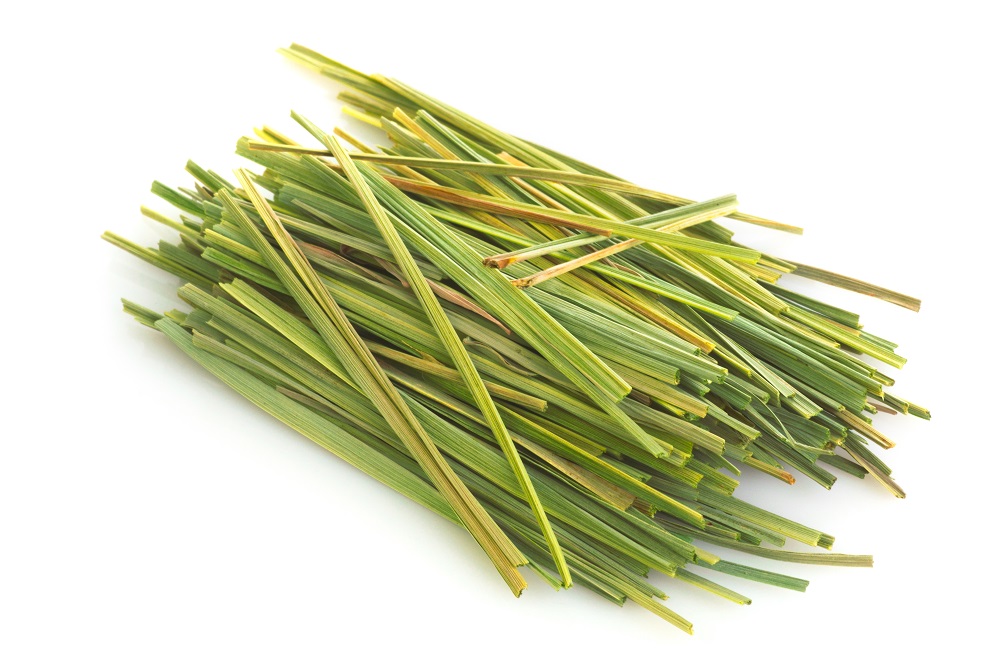
However, this is not entirely applicable to other forms of lemon grass that are not considered fresh, such as pre-processed lemon grass or lemon grass suspensions. This is due to the fact that the physical state of the lemon grass is significantly different from that of fresh lemon grass and therefore is affected in an different manner than lemon grass.
Should Dry Lemon Grass be Frozen?
This is highly dependent on the particular brand of lemon grass to be frozen and the method used to dry them thereof. This variation in susceptibility to damage from freezing temperatures is because of any added preservatives that may alter the behavior of the lemon grass’s molecules when placed in the freezer as well as the relative moisture content of the dried lemon grass itself.
Therefore, crushed or sliced lemon grass that has either undergone sun drying or freezer drying will keep quite well in the freezer so long as it is properly insulated against relative and direct sources of moisture such as condensation from temperature differences as well as ambient humidity within the freezer.
How Long Does Lemon Grass Last at Room Temperature?
Most forms of organic produce, herbs included, do not last a significantly long length of time at room temperature, especially when left unattended or otherwise unprotected against other factors that may be present within the room temperature storage environment.
This is due to the fact that the majority of fruits and vegetables possess internal enzymes that are produced by the plant cells of these very organic products in order to cause them to spoil more quickly, attracting beneficial microorganisms and accelerating the reproductive cycle of the fruit or vegetable plant itself.
Apart from internal enzymatic action being catalyzed by room temperature environments, there is also the factor of bacterial and fungal colonization, of which is accelerated at temperatures between 40°F to 140°F, otherwise known as the danger zone by the U.S. department of agriculture.
As such, lemon grass will only last for as long a time as five to seven days when left unattended at room temperature.
In order to ensure that the lemon grass is capable of maintain its own shelf-stability for this relatively short length of time, it is best to insulate the perennial herb from direct sources of sunlight as well as the open air, as both of these will damage the polyphenolic compounds and flavonoids that make up the lemon grass’s characteristic taste and smell.
What is Needed to Freeze Lemon Grass?
Freezing lemon grass is relatively simplistic in comparison to the preservation methods required for other forms of herbs and organic products.
In order to begin preserving your lemon grass batch, the only equipment required will be several sheets of tissue paper, a set of resealable plastic pouches or freezer bags, as well as a commercially purchased freezer capable of reaching temperatures of 32°F or lower, also known as the freezing point of water at ordinary pressures.
Note that this method primarily applies to fresh lemon grass or lemon grass that has previously been dried in a freezer or beneath the sun.
How to Freeze Lemon Grass
To start freezing your lemon grass, first remove the outer layer of leaves from the stalk of the lemon grass. This step is otherwise not required if you are choosing to preserve lemon grass that has already been processed, such as dried up stalks or ground lemon grass flakes.
Once the lemon grass’s outer layer has been removed, simply place your desired serving size of lemon grass in a freezer bag or resealable plastic pouch. Do this for as many bags as you desire. Doing this will allow you to remove one single serving of lemon grass from the freezer without otherwise compromising the quality and shelf-life of the entire lemon grass batch that has been preserved.
Place a single piece of tissue within each plastic pouch or freezer bag, so as to act as a final barrier or desiccant in the event that the insulating layer of plastic will fail to block out the air of the freezer.
Push out as much air as possible from within each bag, essentially vacuum sealing the lemon grass within. Store the bags of lemon grass in the deepest and darkest part of the freezer, as far as possible from any sources of freezer burn such as fans or freezer vents.
Kept in this way, lemon grass will last for up to two and a half months before beginning to degrade in quality. This does not mean that the lemon grass has become inedible, however, and as such it is still usable after this length of time.
References
1. Soenarko, S. 1977. The genus Cymbopogon Sprengel (Gramineae). Reinwardtia 9
2. Oluwole Solomon Oladeji, Funmilayo Enitan Adelowo, David Temitope Ayodele, Kehinde Abraham Odelade, Phytochemistry and pharmacological activities of Cymbopogon citratus: A review, Scientific African, Volume 6, 2019, e00137, ISSN 2468-2276, https://doi.org/10.1016/j.sciaf.2019.e00137.
3. Unknown Author. (July 2017) “”Danger Zone” (40 °F – 140 °F)” U.S. Department of Agriculture Food Safety and Inspection Service

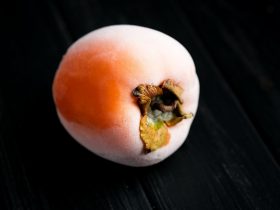
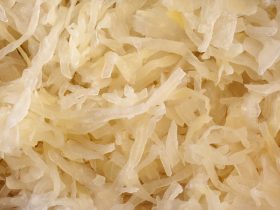
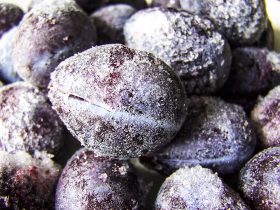
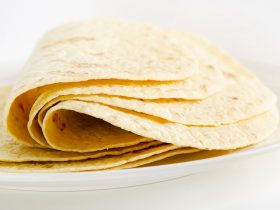
Hi, I'm Dom
Dom Eats was started to help other people fall in love with food. While cooking can feel intimidating, it doesn't have to be.